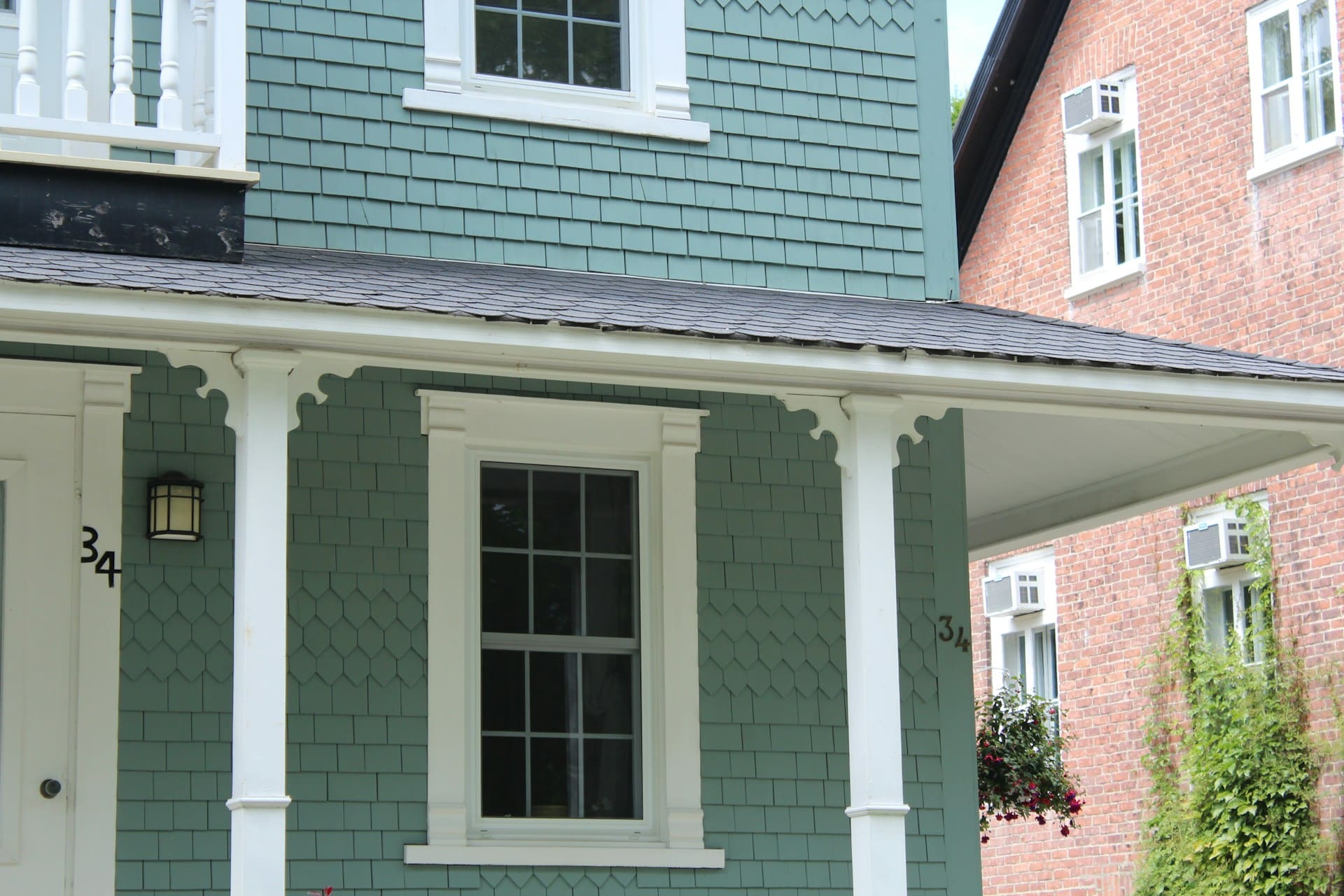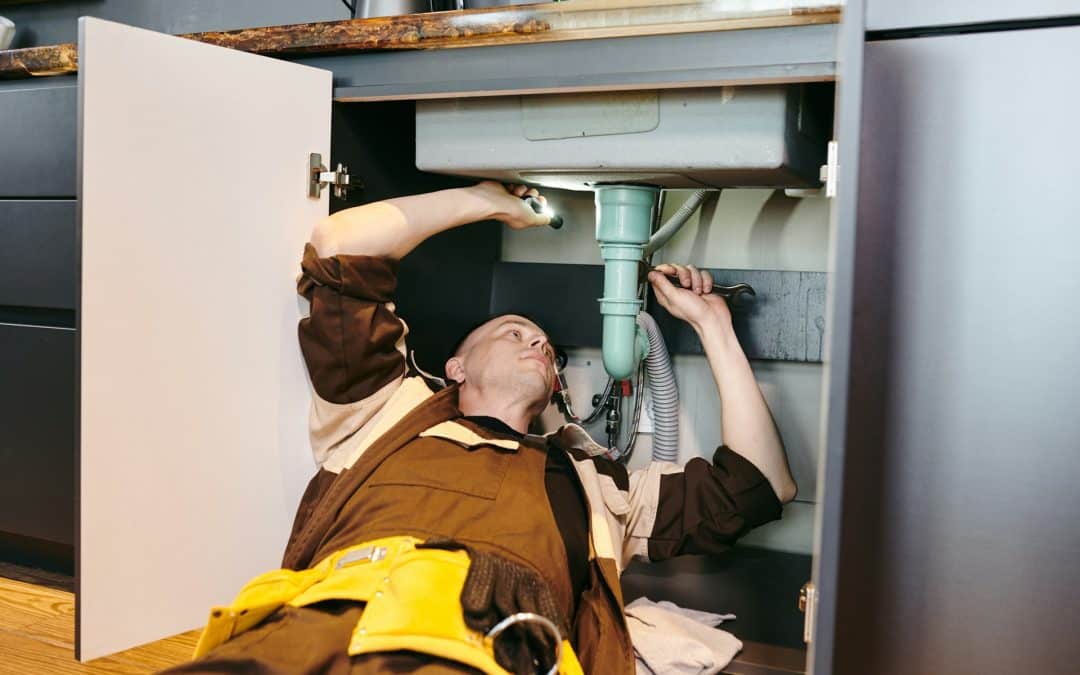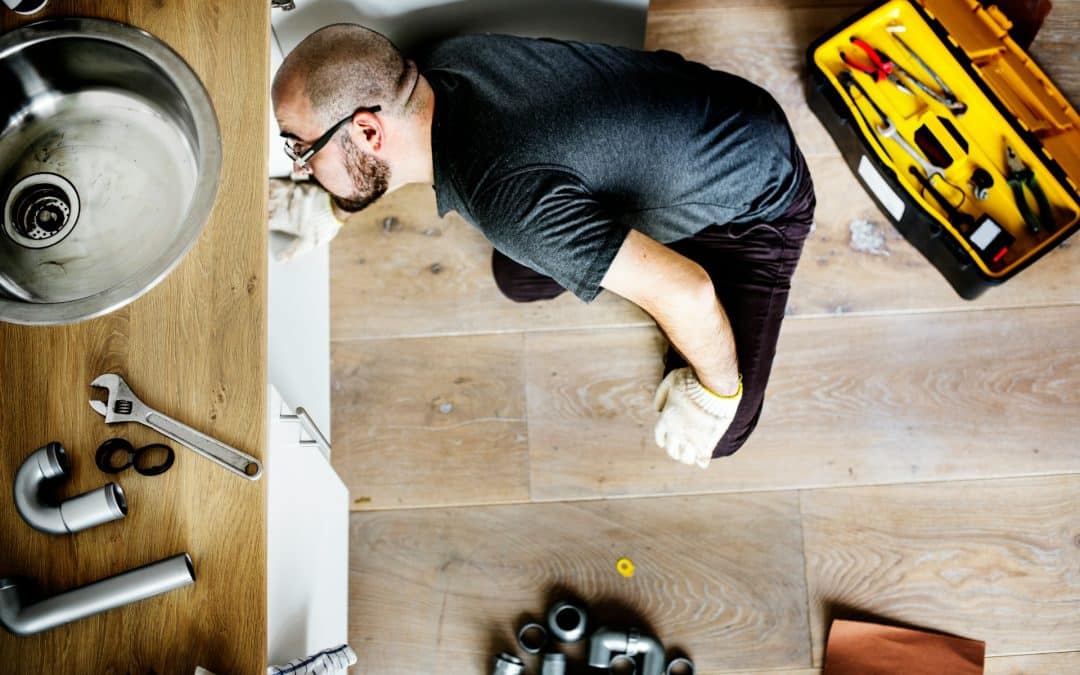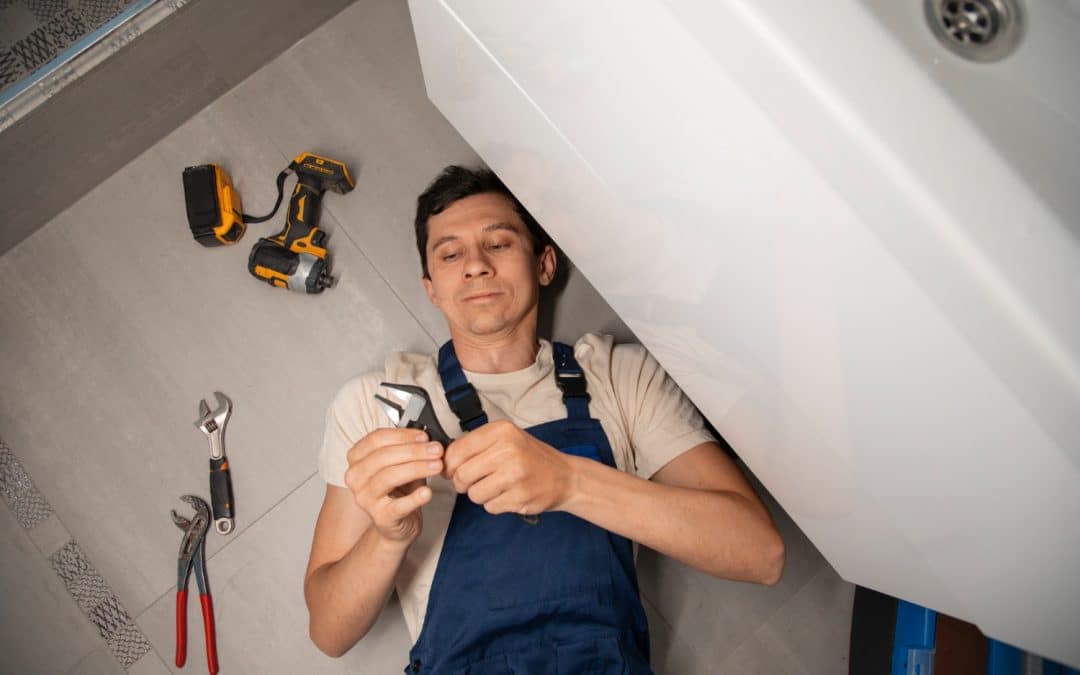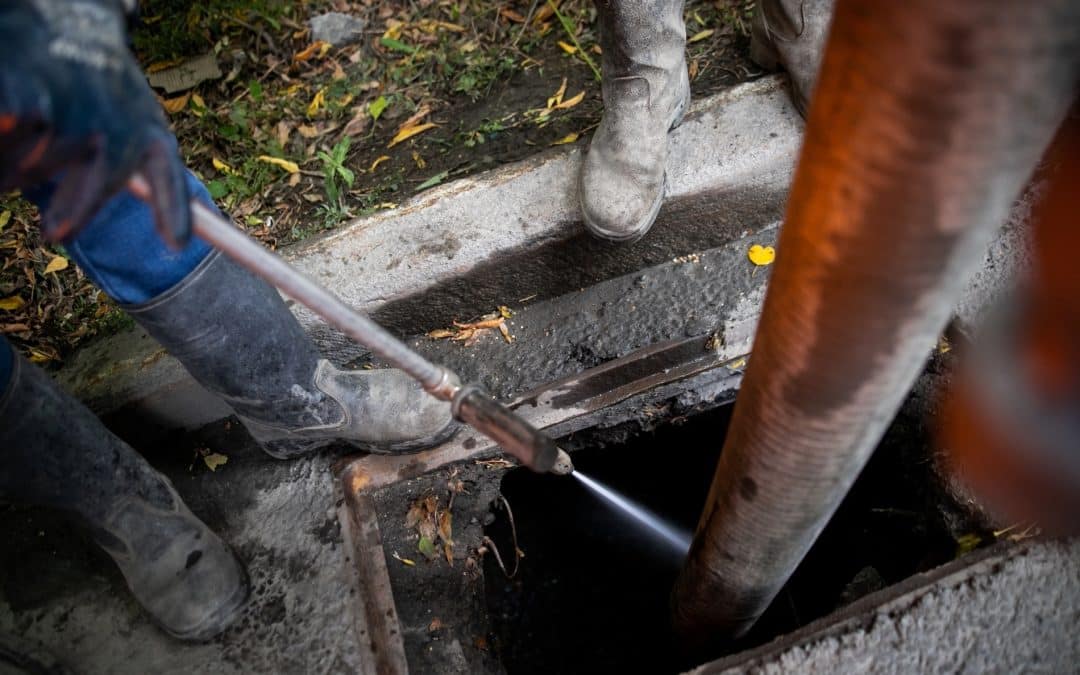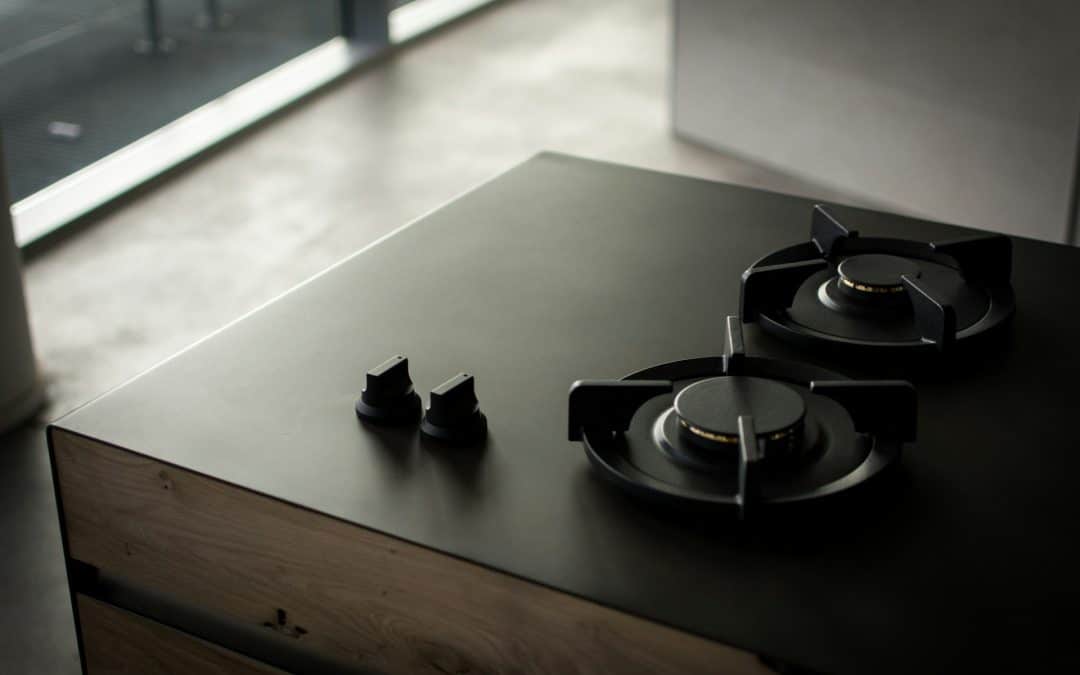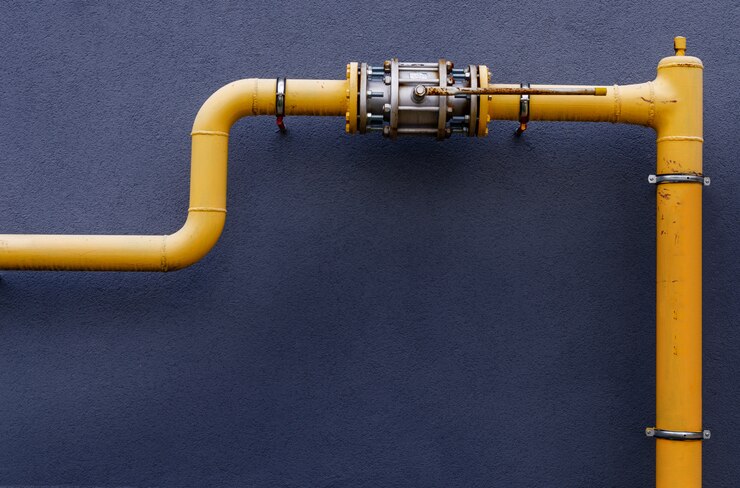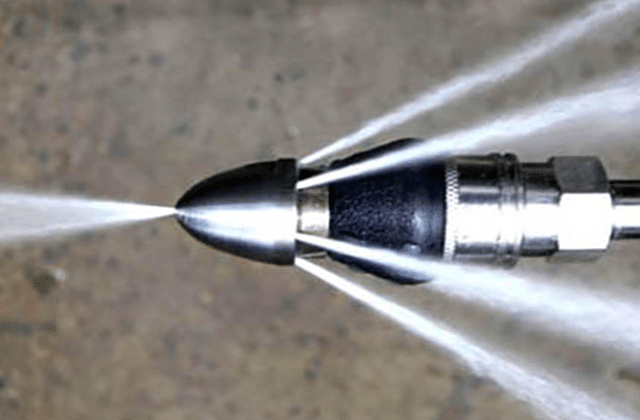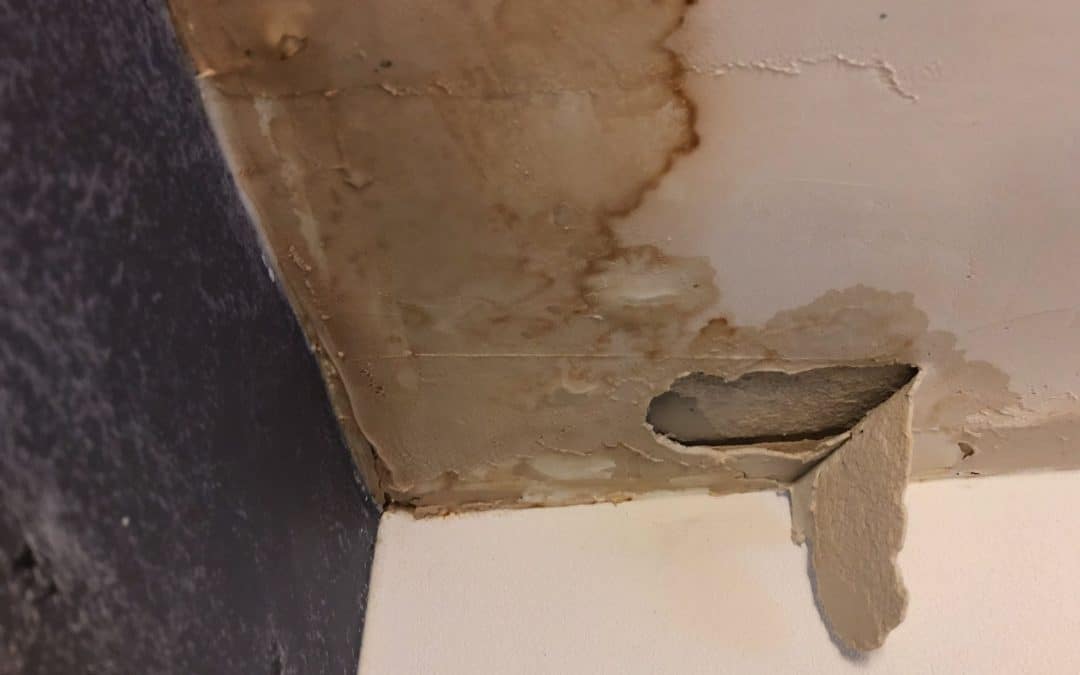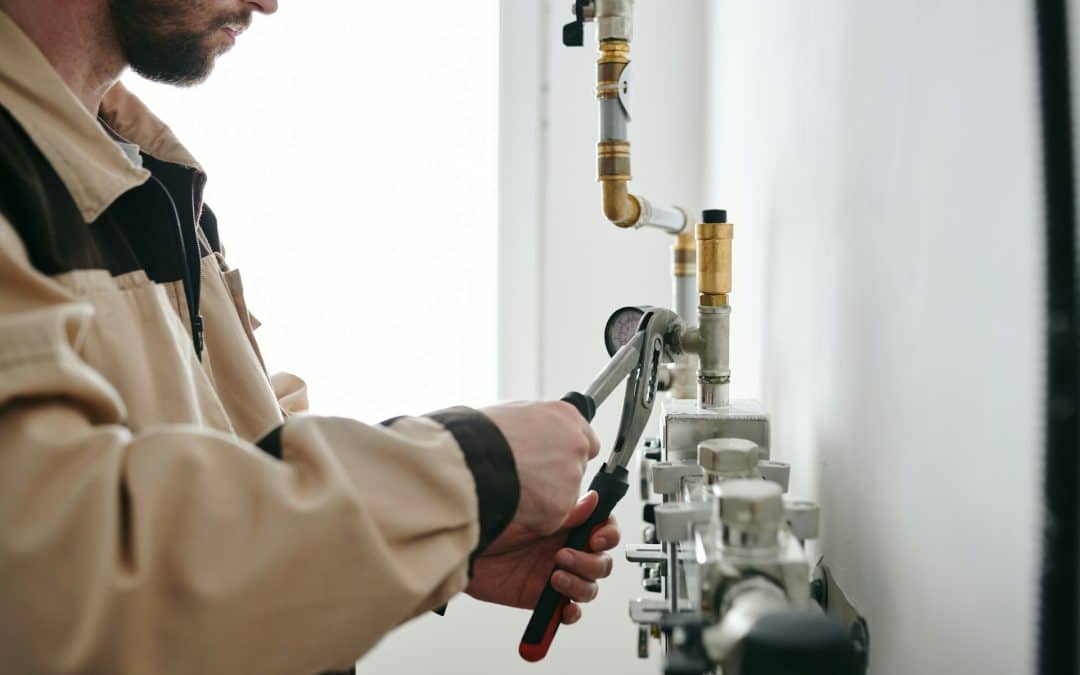Owning an older home comes with charm and character, but it can also bring hidden plumbing problems. Over time, pipes can wear out, leading to leaks, water discoloration, and low pressure, all signaling the need for repiping. These issues are more than just annoyances; they can cause real damage and affect your quality of life.
Ignoring the need for repiping can result in serious water damage and costly repairs. Rusty water is a health risk, and persistent plumbing problems may lower your property’s value. Repiping your home with modern materials offers more than just a fix; it ensures better water quality and boosts the efficiency of your plumbing system.
Repiping can feel like a big project, but the peace of mind and improved home functionality it provides is well worth it. Whether you’re dealing with frequent leaks or water that seems off, understanding the signs that it’s time to repipe will help you maintain your home’s value and ensure a safe, comfortable environment for your family.
Signs Your Older Home Needs Repiping
Owning an older home is a joy, but it often comes with its share of plumbing headaches. One of the biggest signs that repiping might be necessary is frequent leaks. If you find yourself regularly fixing leaks or dealing with burst pipes, it could mean your pipes are wearing out. This issue often points to the age and condition of the pipes, which might not hold up much longer and could lead to more serious problems.
Another sign to watch for is discolored water coming from your taps. If your water appears rusty, brown, or has a strange taste, it could mean your pipes are corroding. Corroded pipes can introduce harmful substances into your drinking water, posing health risks. This discoloration is a clear indicator that your pipes are deteriorating and may need attention before things get worse.
Low water pressure is another common issue in older homes that might suggest a need for repiping. If you notice a drop in water pressure while showering or using faucets, it could be due to scale buildup or corrosion inside the pipes. Reduced water pressure not only makes daily tasks harder but can also hint at clogs or narrowed pipes that need replacing. Replacing these old pipes can help restore water pressure and improve overall plumbing efficiency.
Risks of Ignoring Repiping Needs
Ignoring the signs that your home might need repiping can result in serious consequences. One major risk is the potential for costly water damage. Old and weak pipes are prone to leaks and bursts, which can lead to water seeping into your walls, floors, and ceilings. This damage is not only expensive to repair but can also lower your home’s value.
Another risk of ignoring repiping is the health concern from contaminated water. When pipes are corroded or damaged, they can introduce harmful elements like lead and rust into your drinking water. Consuming or using this contaminated water poses health risks to you and your family, affecting everything from drinking water to bathing and cooking.
Leaving repiping needs unaddressed can also impact your property’s value. Homebuyers are often wary of homes with outdated plumbing systems, as it suggests upcoming expenses and potential problems. A home with a well-maintained, modern plumbing system is much more attractive to potential buyers. If you plan to sell your home in the future, taking care of repiping now can ensure a better sale value and a hassle-free experience when it comes time to list your home.
Benefits of Repiping an Older Home
Repiping an older home comes with a variety of benefits that go beyond simply getting rid of old, leaky pipes. One of the most significant improvements you’ll notice is in water quality and pressure. New pipes ensure that your water flows smoothly and is free from contaminants like rust and lead, giving you peace of mind every time you turn on the tap. This is especially important for drinking and cooking, where water quality directly impacts your health.
By upgrading your plumbing system, you also increase the longevity of your home’s infrastructure. New piping reduces the risk of future leaks and sudden bursts, which could otherwise lead to expensive repair bills. Ultimately, a well-maintained plumbing system keeps your home operating efficiently, preventing small hiccups from turning into big problems.
Another advantage of repiping is the enhancement in your home’s value and appeal. Homes with updated plumbing are more desirable to potential buyers. Updated systems suggest that the house has been well-cared for, which can attract higher offers. Even if you aren’t planning to sell, it increases your enjoyment and comfort at home, knowing everything is up to date and functioning perfectly.
Choosing the Right Materials for Repiping
Selecting the right materials for your repiping project is a crucial decision that affects both cost and longevity. Copper and PEX pipes are the two most common options available today. Copper pipes are known for their durability and resistance to bacteria. They are less likely to leak and can handle high water pressure. However, they can be expensive and may corrode in certain water conditions.
In contrast, PEX pipes are flexible, making them easier to install, especially in tight spaces. They are resistant to scale and chlorine, don’t corrode, and are often more cost-effective than copper. PEX also holds up well in extreme temperatures, reducing the risk of burst pipes during cold weather. However, they may not withstand UV light exposure well, so they shouldn’t be used outdoors.
When deciding between these materials, consider factors like budget, water quality, and the plumbing layout of your home. Consulting with a professional plumber is wise to ensure you choose the best material for your needs. It’s also important to make sure the installation is done correctly to avoid potential issues in the future.
Conclusion
Repiping your older home is an investment that can save you time, money, and stress in the long run. From spotting the signs that replacement is needed to understanding the risks of neglect, taking action sooner rather than later is key. The benefits of repiping are substantial, improving water quality, enhancing home value, and offering peace of mind with a reliable plumbing system.
Choosing the right materials and ensuring professional installation can make a significant difference in the effectiveness and lifespan of your new plumbing. Don’t wait until problems escalate. Jumpstart your home’s plumbing health with a proactive approach to repiping.
Ready to enjoy the benefits of a well-functioning plumbing system? Contact Plumbing Kings LLC to discuss your repiping needs. Our residential plumbing repair team will guide you every step of the way, ensuring you get the best solution for your home’s plumbing system. Experience improved water quality, pressure, and peace of mind today.
